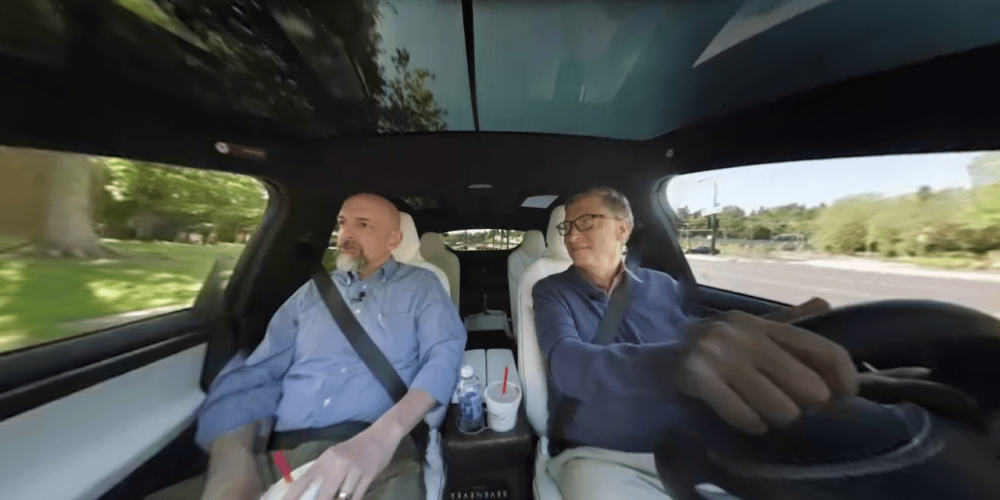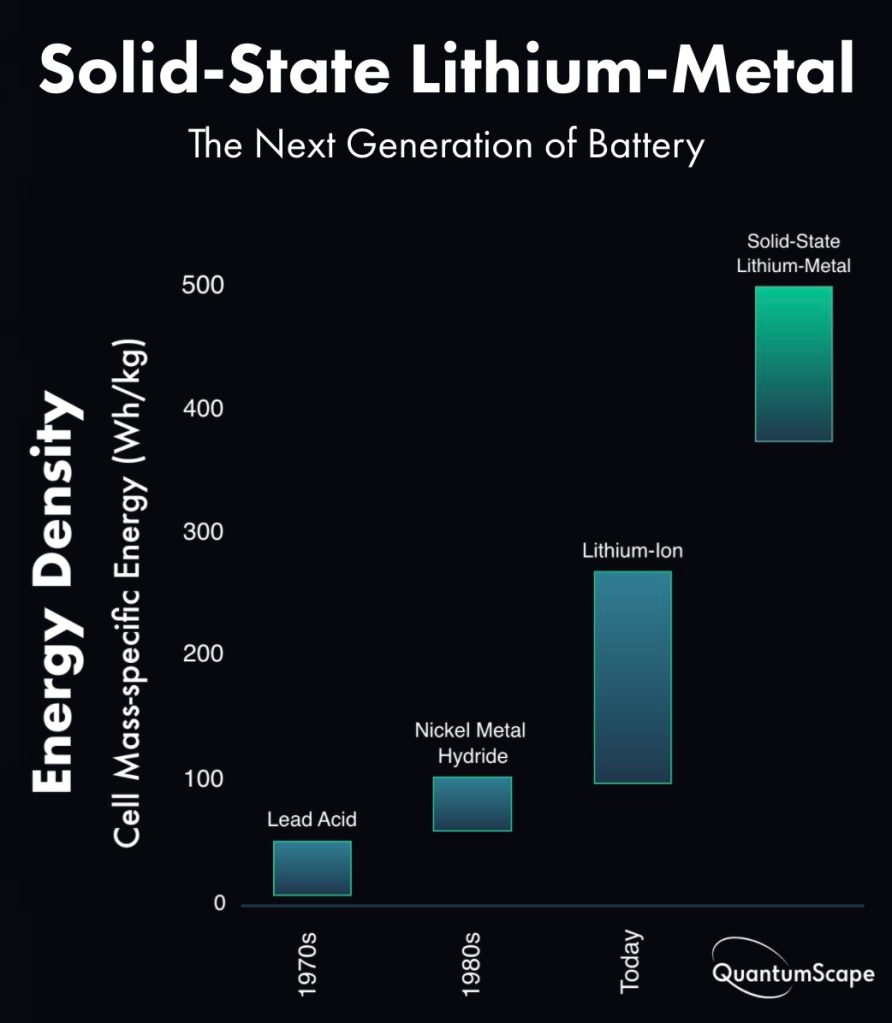
Bill Gates has thrown some cold water on the Tesla Semi project and recent comments from Elon Musk about the possibility of commercial electric airplanes.
Is he right?
In recent years, Gates has focused on using his fortune to try and fix major problems in the world.
He is getting more attention lately due to his early warnings of the world not being ready for a pandemic prior to the COVID-19 crisis.
Now, he is using his platform to issue a similar warning about climate change:
Earlier this month, I wrote about how COVID-19 is a cautionary tale for climate change. There’s no doubt that we have experienced terrible suffering and economic hardship over the last several months. But as hard as it is to imagine right now when we’re still in the middle of the pandemic, climate change has the potential to be even more devastating.
In a new blog post, he emphasizes the need to electrify transport in order to address climate change.
However, he made some controversial comments about the segments going electric.
Gates does believe that passenger vehicles are going to be electrified, and they already are to a degree:
“Plus, increased competition in the market means there are more choices available to customers than ever before, from compact sedans to sleek sports cars. You’ll even be able to buy an all-electric pick-up truck soon thanks to legacy companies like GM and Ford and new carmakers like Rivian and Bollinger.”
The Microsoft founder, who used to drive a Model X, snubbed Tesla and its Cybertruck in mentioning electric pickup trucks.

No big deal, but where Gates’ comments get more controversial is that he claims that electric semi-trucks, like Tesla Semi, and electric jets, will “probably never” happen:
“The problem is that batteries are big and heavy. The more weight you’re trying to move, the more batteries you need to power the vehicle. But the more batteries you use, the more weight you add—and the more power you need. Even with big breakthroughs in battery technology, electric vehicles will probably never be a practical solution for things like 18-wheelers, cargo ships, and passenger jets. Electricity works when you need to cover short distances, but we need a different solution for heavy, long-haul vehicles.”
That’s despite several electric semi-truck programs, like Tesla Semi and the Freightliner eCascadia, being quite far along.
As for electric airplanes, Tesla CEO Elon Musk has been predicting that they would become viable once batteries reach an energy density of 400 Wh/kg, which many battery manufacturers are currently working on.
Instead, Gates suggests biofuels as a potential alternative to batteries for those segments of transportation.
Electrek’s Take
I won’t pretend to be smarter than Bill Gates, but I’d like for him to revisit these comments because I think he is not looking at it the right way.
First of all, it’s not all about batteries being “big and heavy.”
If you look at the problem through that lens, you assume that we have reached the efficiency limit for all those types of vehicles (trucks, cargo ships, and planes).
I don’t think that’s true.
With the electrification of passenger cars, manufacturers have doubled down on their efforts to improve efficiency in order to use fewer batteries in their vehicles and they have found plenty of room for improvements.
As we start to electrify trucks and planes, we will likely find new efficiency improvements because “necessity is the mother of invention.”
We just didn’t have that need until now.
But if you want to focus on the batteries, I find it kind of crazy that he doesn’t believe they will improve enough to enable electric trucks and planes.
Especially when you consider that he is a major investor in Quantumscape, which claims that its technology is going to enable 500 Wh/kg batteries:

That would be more than enough to enable long-range electric 18-wheelers and even commercial jet planes.
What I am missing? Let me know what you think in the comment section below.
Subscribe to Electrek on YouTube for exclusive videos and subscribe to the podcast.
Author: Fred Lambert
Source: Electrek



